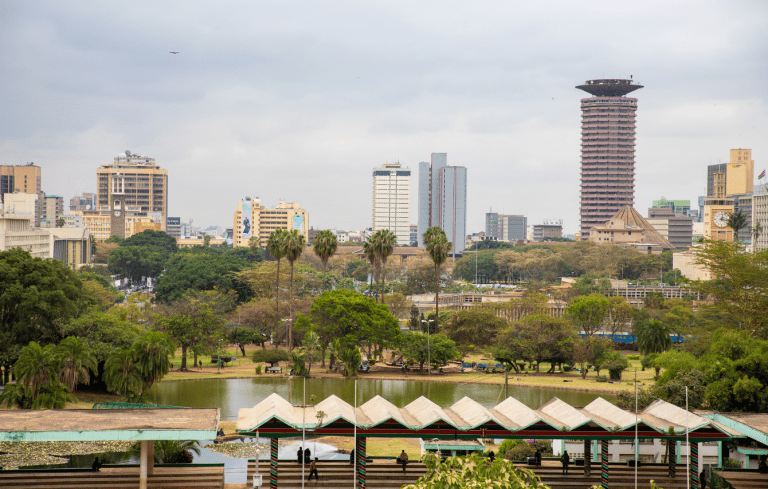The main residence exemption, a valuable benefit for homeowners, prevents them from paying Capital Gains Tax (CGT) on their primary residence. When it comes to this exemption, a tax accountant can be instrumental. According to the absence rule, homeowners can maintain the main residence exemption even after leaving their previous home. If the property is rented out, the exemption can remain in effect for up to six years. Alternatively, the exemption can apply indefinitely if no rental income is earned. A tax accountant can guide homeowners through the complexities of this rule and ensure they make the most advantageous choices regarding their main residence exemption.
A Federal Budget measure announcement in 2017 meant that this exemption would no longer apply to foreign or temporary residents for properties they purchased after 7.30 pm on 9 May 2017. For properties purchased before this date, there was to be a transitional arrangement that required affected homeowners to sell their property before 30 June 2019 to retain the exemption.
The bill initially introduced to the House of Representatives lapsed when the federal election was called earlier this year but was reintroduced on 23 October 2019 as the Treasury Laws Amendment (Reducing Pressure on Housing Affordability Measures) Bill 2019.
The new bill is very similar to the original, with the fundamental changes being:
- The transitional period will be extended to 30 June 2020, meaning that properties that meet all the conditions for main residence exemption that were acquired before 9 May 2017 and sold before 30 June 2020 will still qualify for the exemption.
- Some relatively limited exceptions allow a foreign or temporary resident to continue to access the main residence exemption for CGT events concerning certain “life events” (e.g. terminal medical conditions, death of a spouse or child, or family law matters) if they have been a foreign resident for six years or less at the time of the CGT event.
The following explanations from the Explanatory Memorandum explain the most typical ways the new law will operate.
Example 1.2 – Main residence exemption denied
Vicki acquired a dwelling in Australia on 10 September 2010, moving into it and establishing it as her main residence as soon as it was first practicable.
On 1 July 2018, Vicki vacated the dwelling and moved to New York. Vicki rented the dwelling out while she tried to sell it. On 15 October 2020, Vicki finally signed a contract to sell the dwelling, with settlement occurring on 13 November 2020. Vicki was a foreign resident for taxation purposes on 15 October 2020.
The time of CGT event A1 for the sale of the dwelling is the time the contract for sale was signed, that is, 15 October 2020. As Vicki was a foreign resident then, she is not entitled to the main residence exemption regarding her ownership interest in the dwelling.
Note: This outcome is not affected by the following:
- Vicki previously used the dwelling as her main residence; and
- The absence rule in sections 118-145 could otherwise have applied to treat the dwelling as Vicki’s main residence from 1 July 2018 to 15 October 2020 (assuming all requirements were satisfied).
Example 1.3 — Main residence exemption applies
Amita acquired a dwelling in Australia on 20 February 2003, moving into it and establishing it as her main residence as soon as it was first practicable. On 15 August 2021, Amita signed a contract to sell the dwelling, and settlement occurred on 12 September 2021. Amita used the dwelling as follows during the period of time for which she owned it:
- residing in the dwelling from when she acquired it until 1 October 2007;
- renting it out from 2 October 2007 until 5 March 2011 while she lived in a rented home in Paris as a foreign resident (assuming the absence provision applies to treat the dwelling as her main residence);
- residing in the dwelling and using it as a main residence from 6 March 2011 until 15 April 2012;
- renting it out from 16 April 2012 until 10 June 2017 while she lived in a rented home in Hong Kong as a foreign resident (assuming the absence provision applies to treat the dwelling as her main residence);
- residing in the dwelling from 11 June 2017 until it was sold.
The time of CGT event A1 for the sale of the dwelling is the time the contract for sale was signed, that is, 15 August 2021. As Amita was an Australian resident for taxation purposes at that time (as she had re-established her Australian residency), she is entitled to the total main residence exemption for her ownership interest in the dwelling as it is, or is taken to be, her main residence for the whole of the time that she owned it.
Suppose you have a client that doesn’t live in Australia but still owns a property that was their family home before 9 May 2017. In that case, they should consider their options for the property. If they continue to hold the property when the transitional period ends on 1 July 2020 and sell it while they are non-resident, they are likely to incur a substantial CGT liability.
The critical considerations for these clients are:
- For properties owned before 10 May 2017, where your client doesn’t intend to return to Australia to live, they should consider selling the property before the end of the transitional period, 30 June 2020.
- Re-establishing Australian residency before selling a property could save significant tax. If you have a property that has grown in value by $500,000 and otherwise qualifies for the main residence exemption under the absence rule, you will pay up to $235,000 in capital gains tax if you sell it while you remain a foreign resident. It would be tax-free to become an Australian resident before the sale (see Example 1.3 above).
This is still draft legislation, but if it goes through as it is currently drafted, it will adversely affect non-residents who sell Australian property. Watch this space, and we will update you on the final version of the legislation.
If you have any questions in relation to the above, feel free to reach out and contact us.
Kreston Stanley Williamson Team
*Correct as of December 2019
Disclaimer – Kreston Stanley Williamson has produced this article to serve its clients and associates. The information contained in the article is of general comment only and is not intended to be advice on any particular matter. Before acting on any areas in this article, you must seek advice about your circumstances. Liability is limited by a scheme approved under professional standards legislation.














